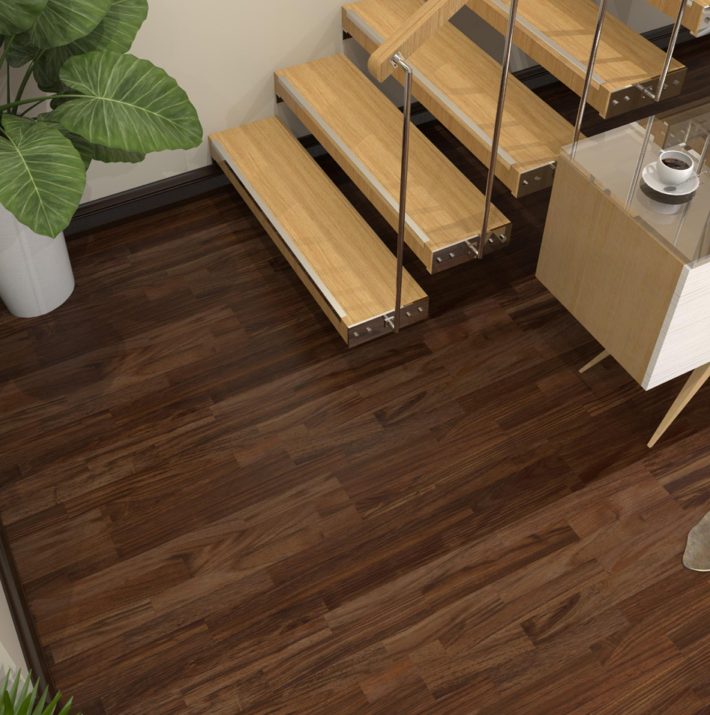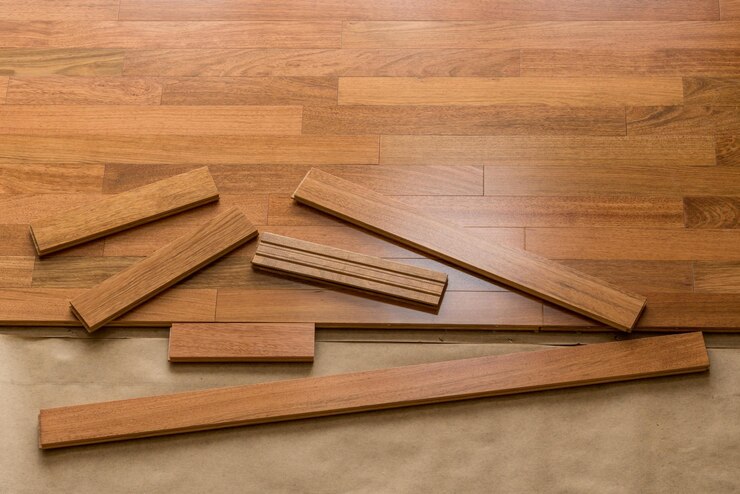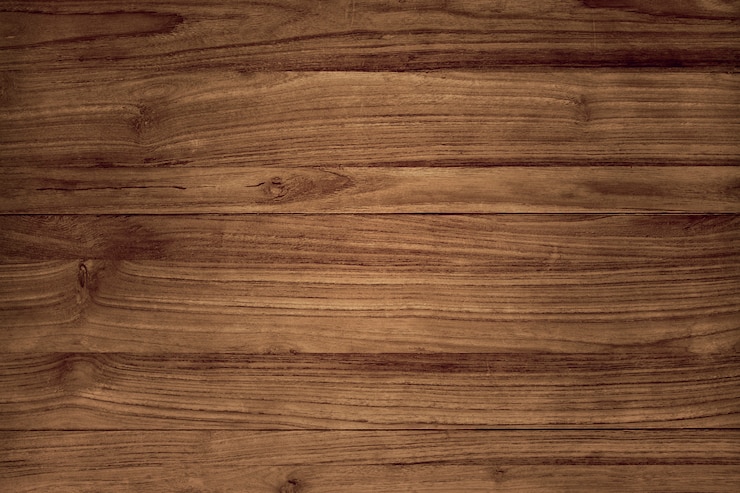Domestic vs. Exotic Hardwood: Which Floor is Right for You?

When installing wood floors, hardness is an important consideration. Hardness is determined by the species of wood used, not the type of finish topcoat.
In general, domestic hardwoods are softer than their exotic counterparts and rank in the low to the medium-range range.
Exotic hardwoods are harder and denser than domestic hardwood, but modern manufacturing practices make both types of wood durable.
What Is Hardwood Flooring?

The concept of hardwood flooring is mainly a type of flooring that is made out of natural wood. This hardwood flooring is not only beautiful but also durable and can last for a lifetime.
According to the National Wood Flooring Associaiton (NWFA), hardwood flooring is like any other flooring that comes with a wooden surface on top of it. So, if you are looking for a refined and rustic look, then choosing hardwood flooring can be an excellent decision for you.
To be very honest, each option has its own kind of characteristics that can add a little more charm to your space.
The Main Features Of Hardwood Flooring

As I have mentioned earlier, the hardwood is a great flooring option and you can find these in various shapes and sizes. Before you start the installation process, it is necessary for you to understand the significant differences, characteristics, and the purpose that they have.
Usually, hardwood can be classified into four different kinds of factors:
- Length
- Hardness
- Width
- Thickness
Length
In general, the hardwood flooring comes in a precut, which is around 3 and 3.5 feet. In the case of seamless installation, you can prioritize using longer pieces. This further helps to limit the appearance of clunky ends.
Hardness
Now, this hardness of wood is highly dependable on the tree that has been used during the manufacturing process. Each wood type has its own kind of hardness. Always remember, the more complex the wood would be. The more durable the flooring will become.
Thickness
Usually, the thickness of the hardwood flooring planks comes in a wide range. However, the standard sizes are ½”, 5/8”, and ¾”.
If your wood is thicker in kind, then it would be helpful for you to resurface and refinish it as much as you want. The thinner ones might require frequent re-coating.
Width
The hardwood flooring planks come in 6” wide or two ¼” wide sizes. If you choose wide planks, it would be easier for you to bring out the aesthetic form. However, the wider ones are also prone to create gaps during dry weather.
On the other hand, the thicker planks give you a tighter fit. You can also create a mix and match between the wide and thick planks to achieve both of the looks.
»Birch is a lighter wood
When choosing wood for your floors, birch is a good choice for a number of reasons. It can be sanded and machined easily, but it can be difficult to work with hand tools.
Although it is easy to machine, birch can be difficult to install and requires more time than other woods. In order to help you install birch, you should drill pilot holes in the planks before you nail them down.
Unlike oak, birch is more durable. It can withstand a moderate amount of wear and is available in a variety of colors. Although oak does not have a high Janka rating, it is one of the most airtight woods.
Despite being a lighter wood, birch hardwood floors still look warm and go well with a variety of decor styles. It is also more affordable. Tropical forest products in Ontario is a trusted Hardwood suppliers around the world.
»Brazilian Cherry is a harder wood

Known as Jatoba, Brazilian Cherry is a hardwood that grows in South America and Brazil. This particular wood is 81% harder than Red Oak, 78% harder than Ash, and 68% harder than Maple.
It is also 23% harder than Jarrah and 6% harder than Santos Mahogany, which are the two most common hardwoods used for woodworking.
Regardless of what you use Brazilian Cherry for, you should know how durable it is and how it will stand up to extreme temperatures.
Among hardwood, the Brazilian cherry is the hardest, resulting in a Janka hardness of 3500. It is durable, resistant to rot, and extremely strong, making it an excellent choice for high-traffic areas such as decking, siding, and outdoor furniture.
Because of its dense, hard nature, this wood is also very dense. Its specific gravity is.91, meaning it weighs 56 pounds per cubic foot.
»Mesquite is a shorter wood
The mesquite tree has a twisted trunk and produces yellow flowers in the summer. It grows between thirty and fifty feet tall and has a four-foot trunk diameter.
At maturity, the trees grow to approximately 40 feet across. The seeds are viable for a decade. Mesquite has deep taproots that go as far as one hundred and seventy feet. This allows it to withstand a variety of climates and drought conditions.
The mesquite tree is a semi-deciduous, thorny, evergreen tree native to the southern United States. It grows to about fifteen to forty feet in height at full maturity.
Despite its short height, it boasts a globular treetop and a short trunk. The bark is gray and the flowers are smaller than other species of mesquite trees. These properties make it a great wood for firewood and for fences.
»Walnut is a harder wood

While it’s difficult to match the unique look of Brazilian walnut with the richness of a white oak floor, walnut is a slightly harder wood than its domestic cousin.
Brazilian walnut is the hardest wood, scoring a Janka scale of 3680. This makes it an excellent choice for high-traffic areas, and its darker hue makes it less susceptible to nicks from objects. It can also darken over time, making it 185% harder than red oak.
If you’re looking for a harder wood than the other hardwoods, consider installing walnut floors in high-traffic areas.
This wood’s color is very attractive and can be stained to almost any shade, resulting in a wide range of colors and finishes.
However, walnut is not as hard as other exotic woods, ranking below Red Oak and around Teak on the Janka scale. That said, walnut floors are a great choice for high-traffic areas.
Related Resource: Steps to Installing Engineered Wood Flooring at the Home
»Patagonian Rosewood is a lighter wood
The Patagonian Rosewood, also known as Curupay, is a versatile and beautiful wood. Its pale pink tones contrast beautifully with its dark heartwood, resulting in a beautiful combination of browns and yellows.
It is relatively light, with a Janka Hardness rating of 3,840. Because of its natural resistance to moisture and wood rot, it is also one of the most dimensionally stable woods.
Patagonian Rosewood is often considered a rosewood, but it’s not really a true rosewood. This lighter wood is related to Bubinga, which is why it has received such a misleading trade name. The only name that doesn’t mislead is “Sirari”.
Read Also:











Leave A Reply